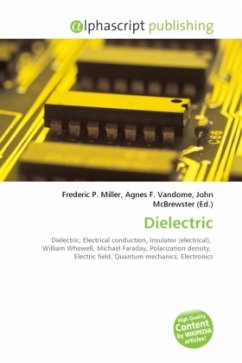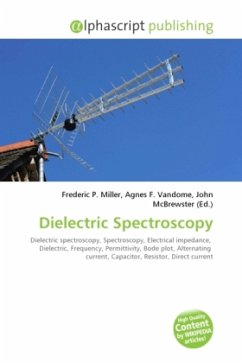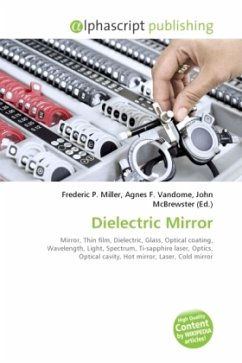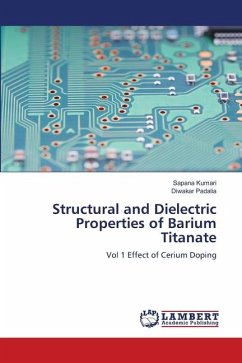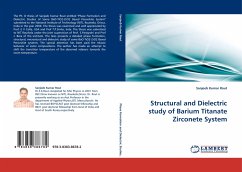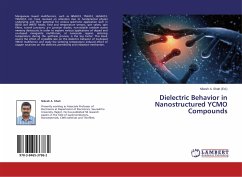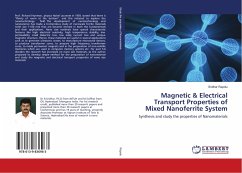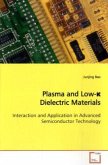A dielectric is a nonconducting substance, i.e. an insulator. The term was coined by William Whewell in response to a request from Michael Faraday.Although "dielectric" and "insulator" are generally considered synonymous, the term "dielectric" is more often used to describe materials where the dielectric polarization is important, such as the insulating material between the metallic plates of a capacitor, while "insulator" is more often used when the material is being used to prevent a current flow across it.Dielectrics is the study of dielectric materials and involves physical models to describe how an electric field behaves inside a material. It is characterized by how an electric field interacts with an atom and is therefore possible to approach from either a classical interpretation or a quantum one.Many phenomena in electronics, solid state and optical physics can be described using the underlying assumptions of the dielectric model. This can mean that the same mathematical objects can go by many different names.

